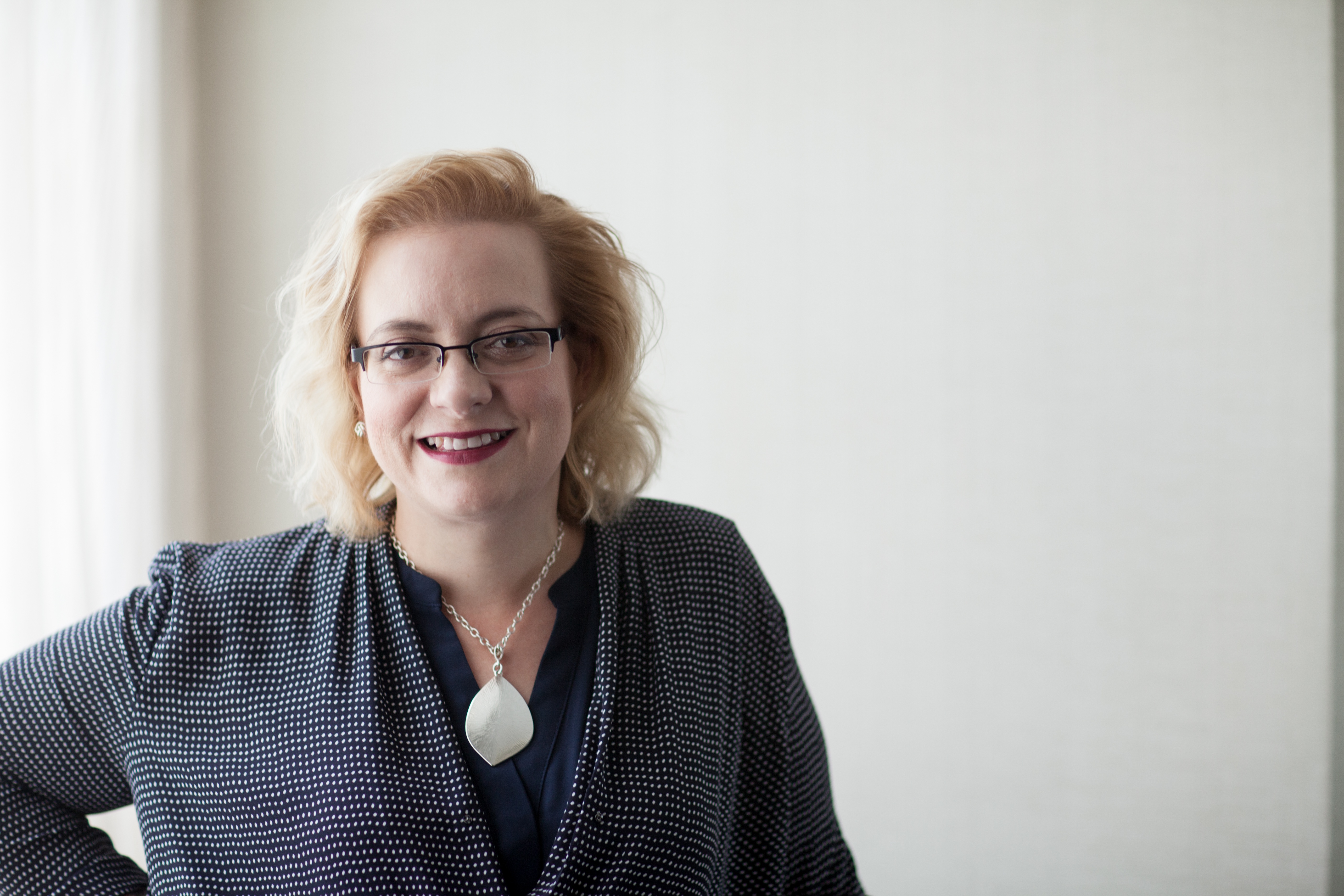
When I began my action research as a Heinemann Fellow in 2016, I was already a couple of years into informal research of my own, trying to figure out how best to implement choice reading into my high school English classroom, working hard to increase my students’ reading volume and joy. I had been deeply influenced by Kelly Gallagher’s and Penny Kittle’s work, which had provided a template for how to make this happen, and I had one glorious, messy year under my belt trying to replicate these ideas in my engorged, diverse California classroom. It hadn’t been pretty, but two things were clear: my students read more. A lot more. And they enjoyed reading a lot more.
When I began my action research as a Heinemann Fellow in 2016, I was already a couple of years into informal research of my own, trying to figure out how best to implement choice reading into my high school English classroom, working hard to increase my students’ reading volume and joy. I had been deeply influenced by Kelly Gallagher’s and Penny Kittle’s work, which had provided a template for how to make this happen, and I had one glorious, messy year under my belt trying to replicate these ideas in my engorged, diverse California classroom. It hadn’t been pretty, but two things were clear: my students read more. A lot more. And they enjoyed reading a lot more.
Going into the 2016-–2017 school year, I was fully converted. I was also troubled. I teach in a traditional public high school, and I was expected to provide traditional letter grades that went on traditional transcripts, and students and parents expected grades updated on our online grade book regularly. I felt I had no choice but to grade this independent reading, and that was where everything always got messy, always went wrong. How do you grade independent reading?
So, that’s where I got my question. I decided to craft my research question around accountability. I got a lot of help from our chair, Ellin Oliver Keene—because writing this question was hard and took a lot of rewriting and revising. But Ellin was our chair, mentor, cheerleader, and sometimes our mom, and this is what finally I landed on:
What accountability measures for independent reading promote reflection, motivation, and the growth of a robust reading habit in young adult readers?
Here’s one of the many values I’ve found in crafting an action research plan that centers on a true problem of practice—and this really was a problem of practice for me. It’s a lighthouse in a storm. There are so many problems of practice that are also deserving of my time and attention. This process helped me stay with a problem intentionally, to not get distracted by the tyranny of the urgent.
And there is always something urgent in education: that new initiative the district started, your mentoring of young teachers, your work with the teachers’ union, your involvement in committees and professional development. It’s urgent work, but as professionals who value agency, we deserve to pursue research into problems of practice of our own that will likely pay dividends for the rest of our career.
By doing this work alongside the other Fellows who were engaged in their own research, I had a think tank constantly at hand to help me work through the hiccups Ellin told us to expect. You too can create your own think tank of like-minded colleagues who will support and encourage you. You need thought partners in this work.
This doesn’t mean perfection. There was nothing perfect about the way I did this project. I had to give that up. Action research means coming back to the problem over and over. Someone said to me once that an airplane is off course 95 percent of the time, but the pilot just keeps readjusting the route. That’s what action research does for us as teachers.
So, as the 2017–2018 school year wraps up, I’ve finally got some solid results to share with other interested teachers about a structure of accountability that empowers my students and respects them as individuals and readers, and doesn’t crush them or turn them off to reading. I’ll be sharing these results, along with the resources for teachers who want to try them in their classes, this summer in Portsmouth at our June Heinemann Fellows capstone presentations, through the Heinemann Blog, and in Houston at the National Council of Teachers of English conference in November in a session with one of my most important thought partners, Heinemann Fellow Anna Osborn.
And, you know what? I wish I would have tried more formal action research earlier in my career. I know I would have come further faster, and perhaps avoided some curricular catastrophes, if I had. I just needed a lighthouse to guide my way.



